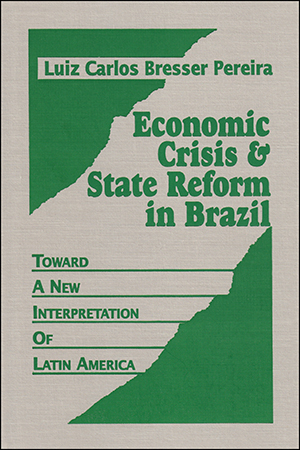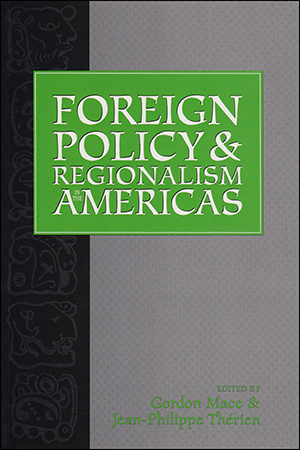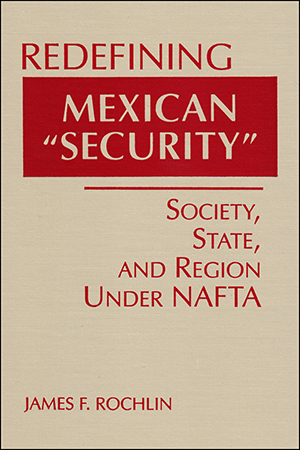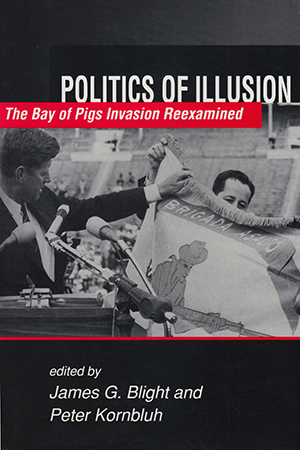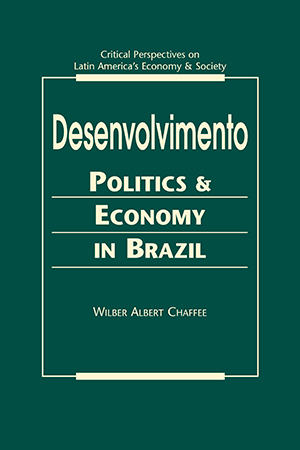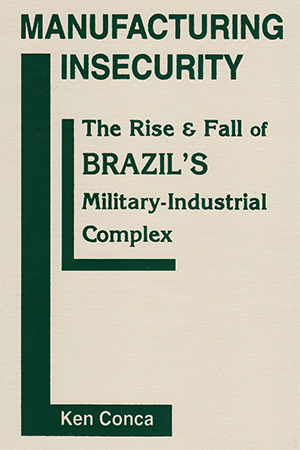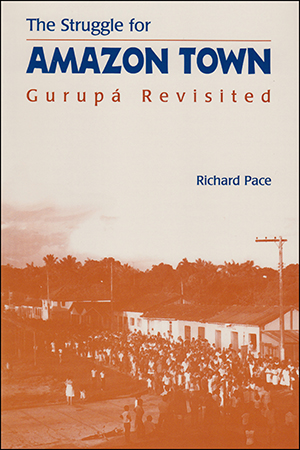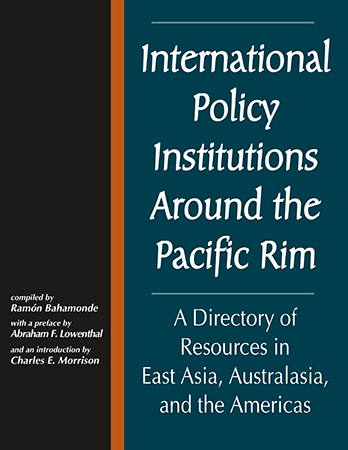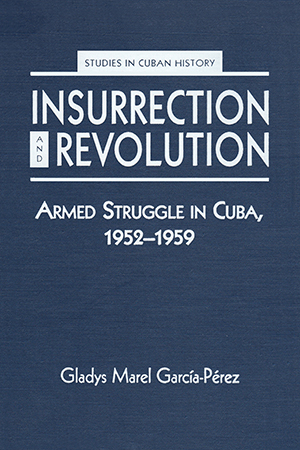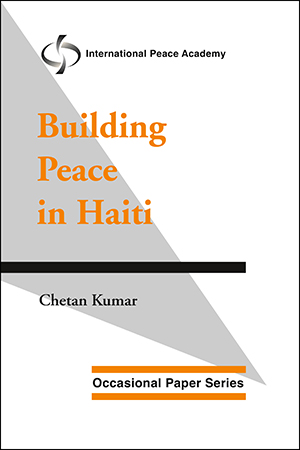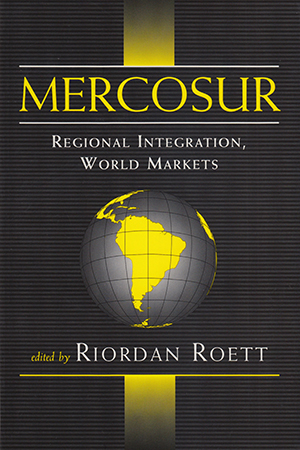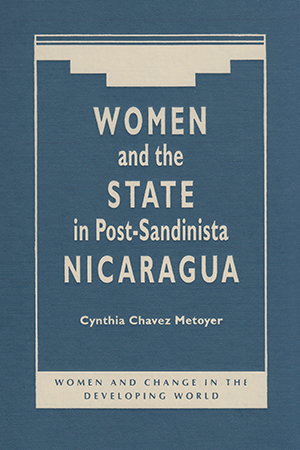Latin America and the Caribbean
Choice Outstanding Academic Book! This is a book about the economic crisis that took hold of Brazil and the rest of Latin America in the 1980s, its political consequences, and the economic More >
This comparative analysis of foreign policy behavior in the Americas focuses on the emerging trend toward regionalism. Following a discussion of the phenomenon of regionalism in general, More >
This pioneering effort to conceptualize unforeseen—and nontraditional—security issues in Mexico confronts what went unaddressed in virtually the entire debate surrounding the More >
The defeat of the attempted April 1961 invasion of Cuba at the Bay of Pigs (Playa Giron) was one of the worst foreign–policy disasters in U.S. history. Since then, explanations of the More >
The Brazilian economy has long been characterized by rapid growth—but equally by high inflation and an extreme maldistribution of wealth, despite the strong international reputation of More >
Manufacturing Insecurity provides a sobering analysis of an extraordinary boom and bust story: Nurtured by military rule and expanding international markets, Brazil's defense sector More >
Massive changes have engulfed the Brazilian Amazon region in the forty years since Charles Wagley’s landmark study, Amazon Town, was first published. In his engaging restudy, Richard More >
The Whistling Bird celebrates what were until recently the little-heard voices of women writers from the Caribbean. The anthology includes short stories, poetry, drama, and excerpts from More >
This major compendium identifies the approximately three hundred key institutional resources on international political and economic affairs available throughout the Pacific Basin—in More >
Based on previously untapped primary sources, this book examines the social forces that were released and shaped by the Cuban revolutionary war and, not least, the actions of real men and More >
This landmark study traces economic development, social dynamics, and political processes in Cuba from the end of Spanish colonial rule to the triumph of the 1959 revolution. Ibarra More >
Though its national life often has been characterized by violence, Haiti has not been victim of a full-fledged internal conflict, or civil war. Why, then, is the international community More >
Mexico’s private sector continues to confront challenges imposed not only by reforms in the country’s economic and political systems, but also by demands of the international More >
This timely volume describes the origins of Mercosur, South America’s dynamic and successful regional integration project, as well as the issues still to be tackled regarding the trade More >
After winning a stunning and decisive victory in Nicaragua’s 1990 presidential election, Violeta Chamorro reversed much of the social and economic policy enacted by the previous More >



